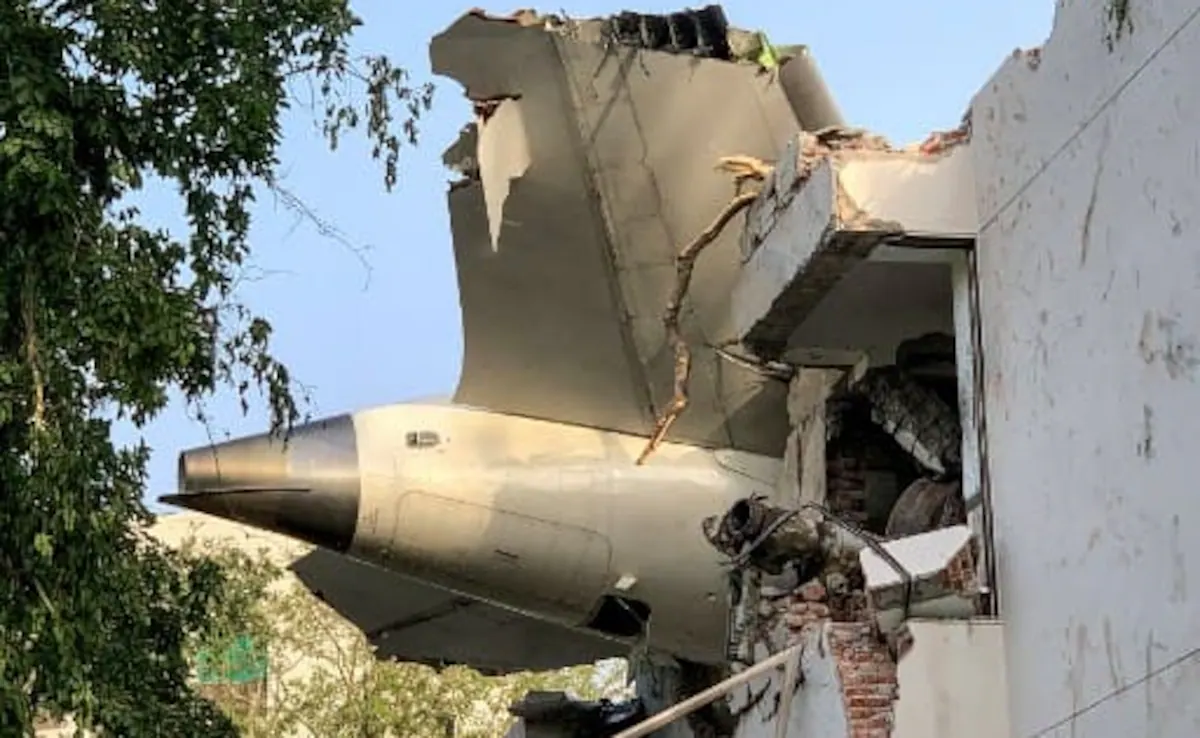Air India has initiated interim compensation of ₹25 lakh each for families of the deceased and for the sole survivor of the tragic Boeing 787‑8 crash in Ahmedabad on 12 June. This forms part of a broader relief package announced on 20 June—complementing the earlier ₹1 crore per family pledged by Tata Sons.
So far, three families have received disbursements, with the remainder still being processed under a single-window helpdesk system set up on 15 June. The centralised desk assists in documentation and speeds up the claims process. Air India has also deployed a comprehensive on-ground support team in Ahmedabad. This includes psychologists and doctors providing trauma counselling, as well as nurses and pharmacists tending to medical requirements. Each affected family is accompanied by a caregiver throughout DNA matching, mortuary release, transport, and funeral rites—emphasising dignified treatment during their grief.
To ensure no one is left unsupported, Air India extends additional funding for travel, accommodation, medical care, and funeral costs based on individual needs. The airline is also reaching out to families of those killed or injured on the ground to initiate compensation and DNA identification. As of today, Indian officials report DNA identification completion for 247 victims, with 232 bodies already handed over to families. This includes both passengers and personnel affected both on board and on the ground.
The crash involved Air India Flight AI171, a London-bound Boeing 787‑8 Dreamliner carrying 230 passengers and 12 crew, which tragically impacted a medical college hostel shortly after takeoff. There was only one survivor. The disaster also claimed at least 39 lives on the ground and injured many more. Governance and airline officials stress that these interim payouts are non-admissible and do not affect any additional legal claims or final settlements. They have invited affected families to report further needs to the helpdesk. Over 500 Tata group staffers and volunteers are involved in ongoing support and case management.
Independent legal analysts note that interim compensation accelerates relief during trauma and logistical strain. Under the Montreal Convention, carriers must provide immediate advance payments, while final liability is determined later. The ₹1 crore plus ₹25 lakh reflects Air India and Tata Sons’ intent to offer swift support before formal settlements are concluded. However, some families and advocacy groups argue discrepancies in compensation timelines and claim transparency need improvement—particularly for ground victims and non-passenger relatives. There are calls for streamlined processes to reduce bureaucratic delays in DNA testing and claim processing.
Air India’s CEO confirmed inspections are ongoing on all Boeing 787-8/-9 aircraft, following a regulator-mandated safety check. This fleet-wide precaution reflects measures announced earlier this month to reassure public and regulatory bodies. International response has been significant, with support teams and investigators from the UK’s AAIB, U.S. NTSB and others joining the probe. Several countries—including the UK—are coordinating victim assistance. However, some affected families have criticised their governments’ responses as insufficient.
Air India has temporarily grounded some international flights, including eight Dreamliner services to London and Paris, to prioritise safety inspections. Affected passengers have been offered rescheduling and refunds. Airline leadership has announced a long-term trust—the “AI‑171 Trust”—to manage sustained support for victims, families, and community restitution efforts. The fund will cover counselling, dependent education assistance, and memorial initiatives.
This interim relief marks a critical early step in addressing the emotional, financial, and logistical hardships faced by affected families. But the city and airline are entering a critical phase that will test the effectiveness of cross-border coordination, legal clarity, and institutional support systems. International best practices emphasise that interim compensation should be paired with transparent timelines for final claims, continuous stakeholder engagement, and community-centred healing frameworks. Ahmedabad’s civic agencies and NGOs are already collaborating to coordinate trauma services, legal aid, and memorial initiatives—signalling a broader societal response beyond corporate responsibility.
The coming weeks are pivotal. Air India must uphold due diligence in its support, maintain robust communications with victims, and sustain regulatory trust. For the city of Ahmedabad, ensuring dignified repatriation and equitable pain absorption remains a solemn civic duty.
Also Read : Kolkata stops high-rise approvals around airport amid safety review


